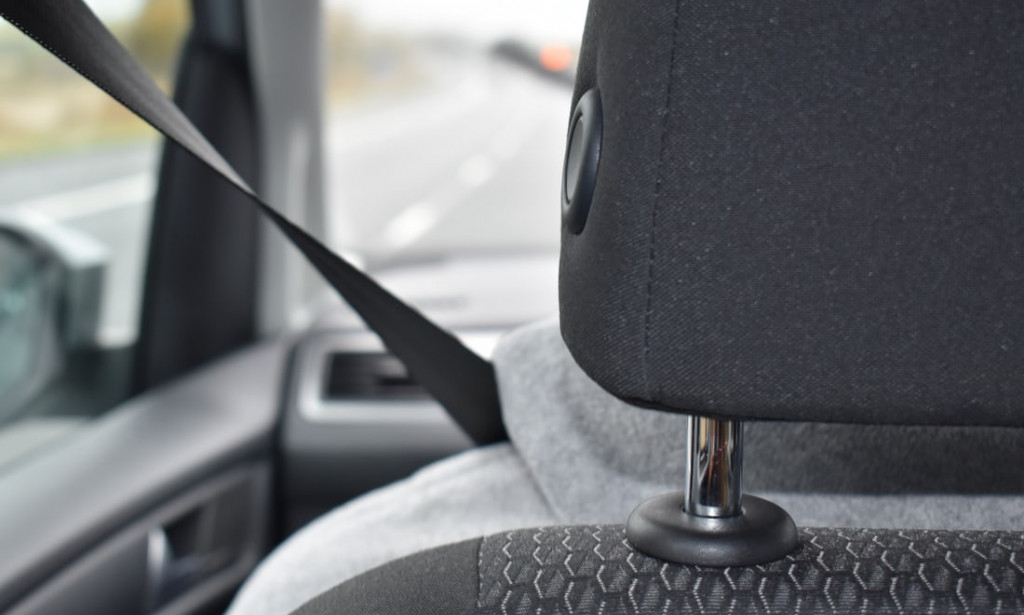The Importance of Always Wearing Your Seatbelt and Why It’s Worth the Extra Effort
Image source: pexels
A seatbelt is an essential safety tool for car occupants. It helps keep you secure inside your vehicle when involved in a crash. Whether traveling in a public service vehicle or private car, you should always have your seatbelt properly engaged.
A significant percentage of deaths and injuries sustained from car crashes occur to passengers who neglect the importance of buckling up. In an accident, unbuckled-up passengers are more likely to be thrown out of the vehicle, risking severe injuries or even death.
Every car user must understand the potential fatal implications of failing to engage their seatbelts as they drive.
Prevents Ejection in a Crash
Buckling up is the most effective remedy to being thrown out of a vehicle during an accident. According to the Insurance Institute for Highway Safety (IIHS) study, deaths and serious injuries are more prevalent in accidents where passengers are ejected from the vehicle.
When a vehicle crashes, the seatbelt holds you intact inside the vehicle. This reduces your chances of incurring fractures and broken limbs from the accident impact.
When a vehicle stops abruptly, its passengers also stop if they have their seatbelts engaged. Ideally, the seatbelt forces the center of your body to stay firm in the cushioned seat when crash impact occurs.
Keeps You in Position When Car Skids
Sometimes we are forced to drive on muddy and rough terrains or in severe rainy weather. Your car is most likely to skid and spin around in such conditions. Thus, buckling up comes in handy here. The seatbelt secures you firmly in your position, allowing you ample time to take evasive action on the skidding car.
However, unbuckled-up drivers are more likely to lose their sitting position when the car spins. When that happens, you can hardly control the car, leading to a fatal crash. Passengers should also have their seatbelts engaged in such situations to avoid tumbling over the driver when the car skids.
Prevents Brain and Spine Injuries
When your car comes to an abrupt stop, you are likely to hit the dashboard, steering wheel, or windows. Depending on the crash impact force, you could suffer severe head and spine injuries. Unfortunately, you could suffer brain injuries if your head crashes on the steering wheel on high impact.
High impact crashes also put the spine at risk. It is important to note that even a slight injury on your spine could lead to permanent immobility. Buckling up helps prevent the risk of suffering brain and spine injuries by holding you tightly on the car seat during a crash.
Increases the Effectiveness of Airbags
Seatbelts are designed to work with airbags. However, most people assume the need for buckling up if their cars have airbags. Unfortunately, that is a dangerous assumption. If you are involved in a high-impact crash, your car's airbags could even kill you.
Seatbelts reduce your body's impact force with the airbag when a crash occurs. Hitting the airbag in low force could be lifesaving. On the other hand, if you do not buckle up, the airbag could be a hazard.
You should seek the services of a reputable personal injury lawyer like Dave Abels if your loved one suffers injuries from the negligence of a driver's failure to install seat belts in his vehicle. It is the law requirement in most states for seatbelt installation and usage in all vehicles.
Buckling up could determine whether you survive a car crash or not. Whether your car has other safety additions or not, you should always engage your seatbelt as you drive for safety.

You must be logged in to post a comment.